
David McBride fought his charges for years before eventually pleading guilty. Photo: Albert McKnight.
David McBride leaked confidential documents to journalists out of his concerns that senior officials in the defence force were allowing alleged “improper investigations” into their soldiers that caused “serious trauma”.
His motivation in taking copies of the documents home, posting some online and giving some to journalists was “honourable”, barrister Stephen Odgers SC told the ACT Supreme Court on Monday (6 May).
But McBride had photocopied then taken home 235 documents containing sensitive military information, 207 of which were classified as ‘secret’, prosecutor Patricia McDonald SC said.
He gave some of the confidential information to three journalists in the 2010s, documents that went on to form part of the ABC’s The Afghan Files, while he had been a lawyer and a major in the Army.
Some of the documents contained cabinet communications, which are supposed to be confidential for 20 years.
Mr Odgers said his client, who spent much of Monday’s sentencing hearing sitting with his eyes closed, had honestly believed there was misconduct in the Australian Defence Force (ADF) when it had been investigating soldiers in 2013.
He had questioned whether these alleged “improper investigations” were being used by senior officers as “cynical window-dressing” to demonstrate that any suspected criminality of soldiers was being taken seriously by the ADF, no matter what harm was being done to the soldiers who had done nothing wrong, his barrister said.
The barrister said McBride thought the ADF had adopted a policy of “excessive investigation” of soldiers when there was no proper basis for such investigation and suspected the “highest levels of the ADF” were responsible for these “PR exercises”. He also thought, as a result, “good soldiers were put through serious trauma”.
Mr Odgers said his client was not concerned about the soldiers subject to war crimes investigations in later years.
McBride returned to Australia in 2013 after a period in Afghanistan and flagged his concerns with his superiors, but Mr Odgers said this was apparently not well received.
He decided to file a complaint with the Inspector-General of the Australian Defence Force (IGADF). His first complaint was made in May 2014, around the same time that he began taking the documents home. He also complained to the Australian Federal Police but was apparently told it was a matter for the IGADF.
In August 2014, he made a detailed submission to the IGADF and met with its staff. But by that December, he thought his internal complaint had failed.
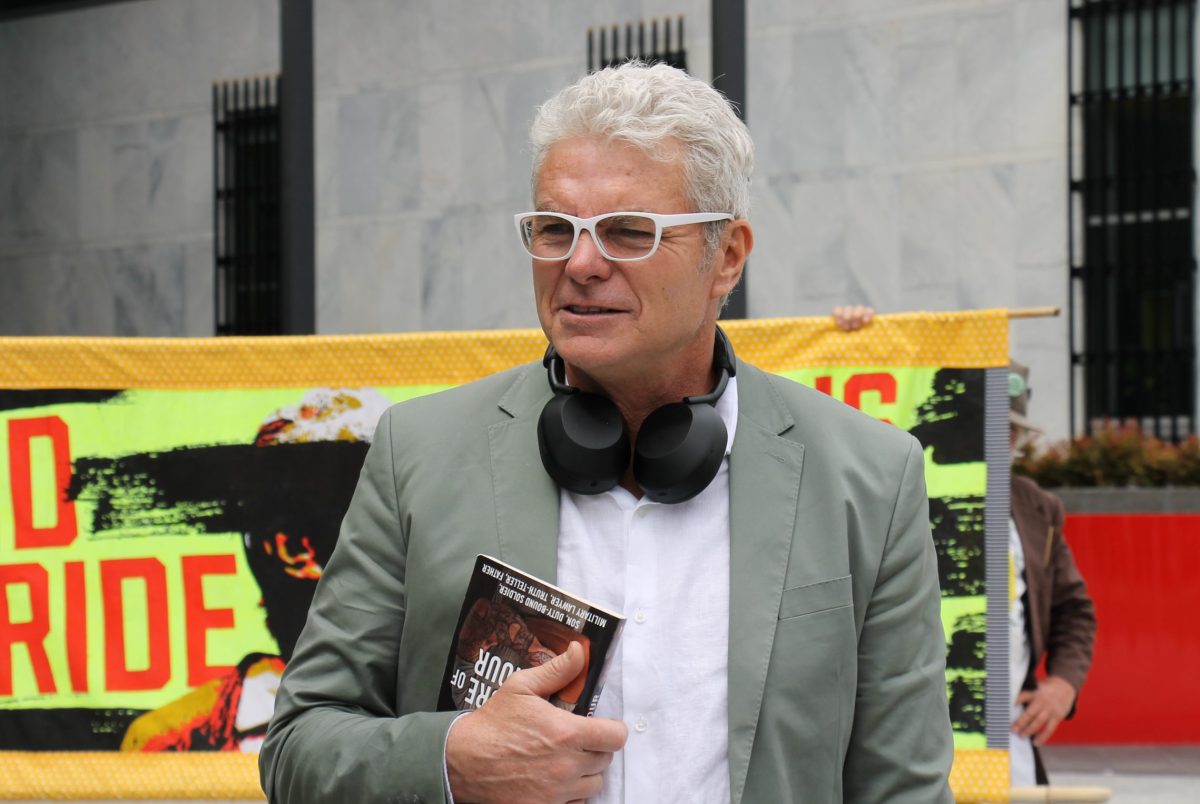
David McBride will return to court to be sentenced in the future. Photo: Albert McKnight.
McBride approached journalist Chris Masters in early 2015 as he was looking for “a crack investigative reporter who could take it for me”.
He had no success with Mr Masters so met with another journalist, Andrew Clark. The ABC’s Dan Oakes then approached him in 2016, resulting in The Afghan Files.
But Mr Odgers said what The Afghan Files focused on was not what his client intended.
“[Mr Oakes did] a totally different story to the one that I was pushing,” the prosecutor reported McBride had said.
“I was like, ‘Never call me again’.”
Mr Odgers said he approached the media before the IGADF’s investigation concluded but did so as he thought its investigation would be negative.
McBride suffered from mental health issues at the time, including post-traumatic stress disorder, that he argued contributed to his actions.
The barrister said the documents Mr McBride posted online — documents he had removed from a website when he was asked to — had not raised national security issues.
Mr Odgers also argued the risk of actual disclosure of the documents was low, saying they had been kept in tubs in a cupboard at his client’s home and the three journalists named above were “reputable”.
Ms McDonald said the agreed facts of the case referred to assertions that Australia had to tell its allies about the disclosure of the documents, which could result in “hesitation” in providing other material to Australia in the future.
The prosecutor also said that when it came to an interview McBride undertook with police, there were no specifics in what he alleged had been the criminal conduct he was trying to expose.
“His justification is not clear. What his issues were change,” she said.
Ms McDonald wanted McBride to be sentenced to jail, while Mr Odgers requested an intensive corrections order, a community-based sentence.
Justice Mossop will hand down his sentence on 14 May.
McBride pleaded guilty to one count of dishonestly appropriating Commonwealth property and two counts of the unauthorised communication of military information to other people while a member of the Defence Force.














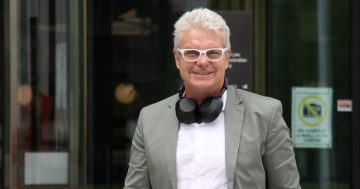
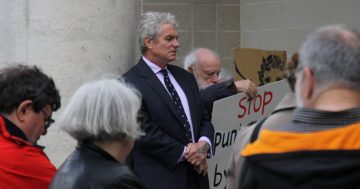
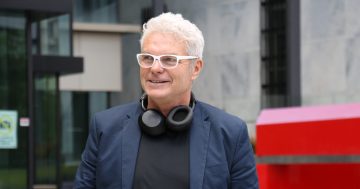

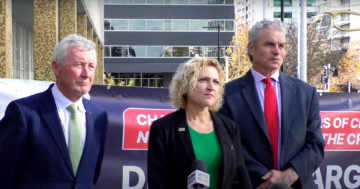

lol you guys are all sad. Go back to your useless public service jobs and your ratty houses in outer… View